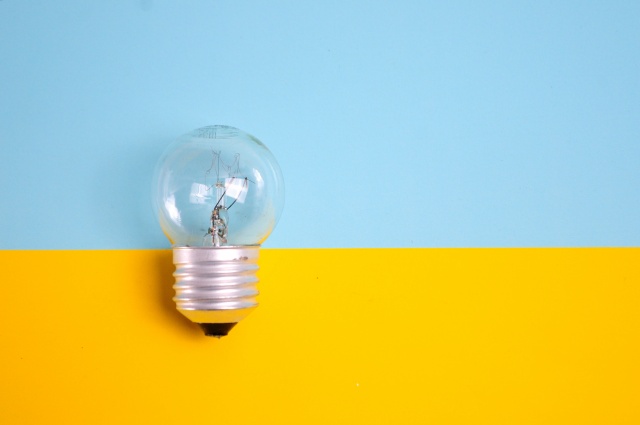About This Lesson
If you are looking to do your part to help protect the environment, one of the better and easier ways to do so is by conserving energy. By monitoring your simple daily power usage around your home, you can cut down on the energy consumption which can be harmful to the environment in large quantities. While helping the environment, of course, is a big concern, cutting back on unneeded energy consumption has the added bonus of decreasing the cost of your power bills, making this a win-win scenario. This article contains seven simple ways you can conserve energy and help the environment.
Moderating Your Electricity Usage
One of the simplest ways to cut back on unnecessary power usage is to keep an eye on the power you are using in your home, and knowing when to turn things off when you are not using them. The electrical transformers that transfer energy between circuits in your area also come in low voltage varieties which automatically cuts back on overuse of power. Make sure to be aware that you are not using too much electricity in your home or building when unnecessary.
Using Lower Voltage Light Bulbs
On the subject of switching to lower voltage, this can also be applied to the lightbulbs in your house. Energy saving light bulbs, while on occasion more costly than traditional light bulbs, have a longer life expectancy which means they will last you a long time while also cutting back on the power consumption.
Using Fewer Electrical Lights
If you want to decrease the electrical light usage in your home, consider having the lights on in just one central room of your house. By keeping the lights on in just one room, you will be encouraged to spend more time in just that room, eliminating the necessity of keeping lights on in the entire house. During the daytime, use the natural light from your windows for as long as possible and do not turn on your light sources until absolutely necessary.
Using Alternative Lighting Sources
If you keep to the concept of having only one room lit by electrical light but still feel the need to use the other rooms in the house, consider alternative light sources like candlelight. Candles are not only fuel-efficient but also provide great quiet ambience in your room, creating a calming atmosphere for the nighttime.
Conserving Energy While Doing Laundry
When doing laundry with washing and drying machines, be mindful of the temperature settings you use. Unless absolutely necessary for what you are washing, run your laundry on the coldest setting. Minimizing the water heater conserves energy, and your clothes will still get equally clean this way. When using your dryer, be sure to make sure the lint trap is cleaned out regularly. Keeping this clean will allow your dryer to run more efficiently, which also conserves energy.
Keeping Devices Turned Off or Unplugged
Whenever you are not using an electrical device that requires being plugged in, unplug it or turn it off. This includes televisions, computer monitors, phone chargers, and any other similar device. If you use a laptop, unplug the charger when it is at full battery capacity, as keeping it plugged in at all times just wastes energy. The same principle applies to your cell phone when it is finished charging.
Minimizing Air Conditioner Usage
The air conditioner is one of the most powerful energy vacuums in your house. While in the summer months, you may feel obligated to have your air conditioning on at all times, you might have to make occasional sacrifices if you are committed to cutting back on energy consumption. When not indoors, turn off the air conditioning. The same applies to the heater in winter months.
By making some of these simple changes to your everyday life, you can make a difference towards helping the environment. Some of them may be difficult, but you will find yourself adjusting in no time.













